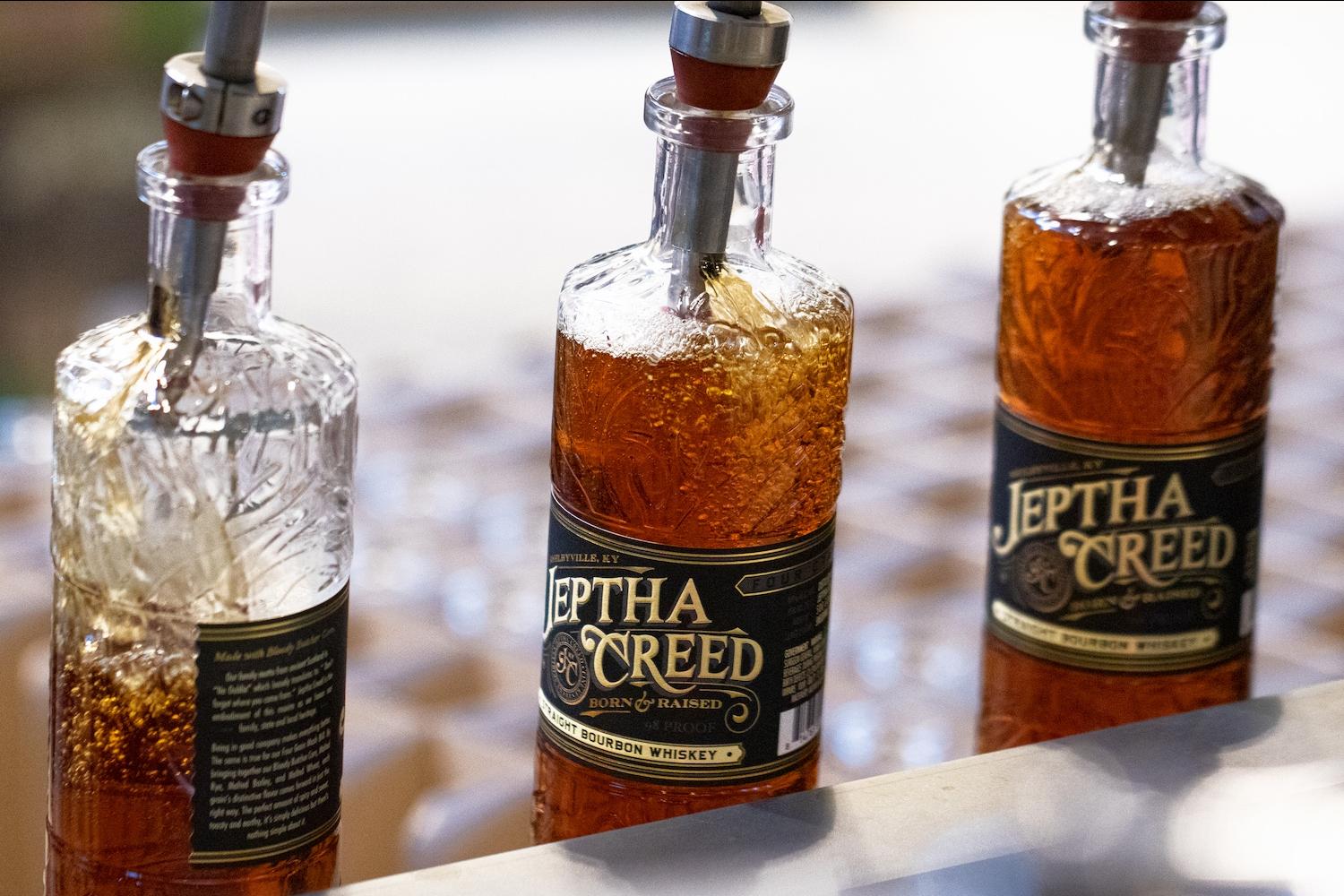
Jeptha Creed produces many of the ingredients for its signature spirits, including corn, wheat, rye and barley. (Image courtesy of Jeptha Creed.)
Welcome to 3p Happy Hour! As we all eye the exit door on Friday afternoons, we're raising our glasses to the sustainable wine, beer and spirits brands serving up stiff sips with less environmental impact while benefiting communities.
Most can recognize the terms Chardonnay or Merlot, but Floriani Red Flint and dent corn, not so much. Wineries proudly display their grape varieties on their bottles, but whiskey distillers don’t fully embrace their ingredients. That may soon be changing, as a handful of farm distilleries are now growing their own grains.
Producing your ingredients has its perks. It gives distillers control over the whole process, from selecting the type of grain to growing it to milling it. And grain cultivation has another advantage: the environment. Similar to the buy local campaign, sourcing ingredients nearby reduces greenhouse gas emissions from transportation.
Jeptha Creed is chipping away at its carbon footprint by growing the vast majority of its ingredients on its 64-acre farm. Powered by a mother-daughter team, the distillery makes a lineup of bourbon, brandy, vodka and moonshine in Kentucky. Armed with an agricultural background, the founders make a truly local product with a taste all of its own.
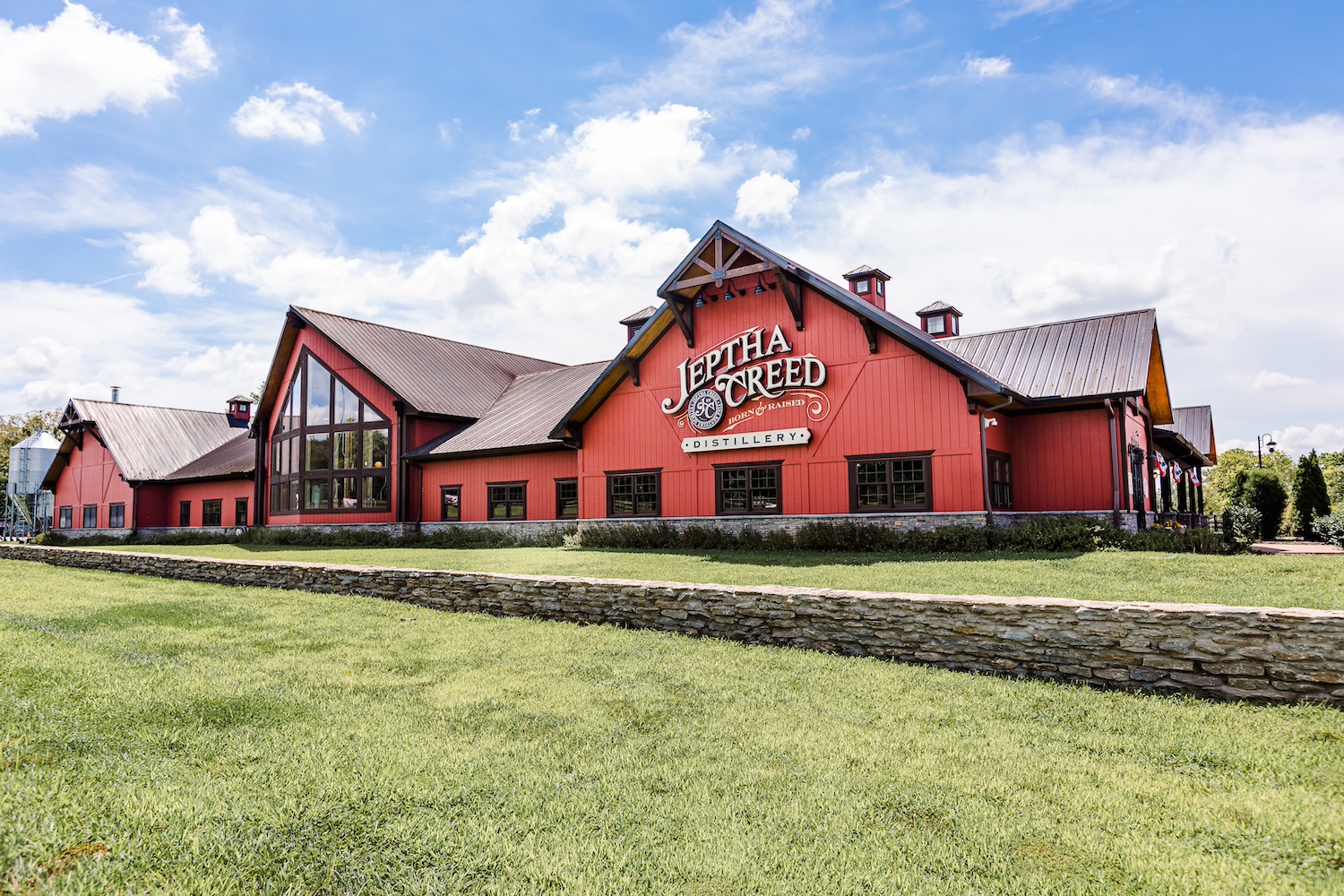
Harvesting heritage
Jeptha Creed, which started as a farm, holds on to its roots — literally. Once a dairy producer, it now grows heirloom corn for its spirits, including Bloody Butcher corn, Hickory King corn, and a combination of two blue varieties they call Bruce Blue.
“It's one of the things that makes us truly unique and gives us all of the sustainability pieces,” said Joyce Nethery, co-founder and master distiller at Jeptha Creed. “We like to say that we are ground-to-glass, and our sustainability, our emphasis and focus, and my personal passion starts at the soil of what we're doing.”
Their non-GMO corn is open-pollinated, meaning it relies on natural pollination in contrast to hybrids, which are deliberately bred and purchased each year. Open-pollinated plants come with cost savings and are more genetically diverse, allowing them to better adapt to the local climate, conditions and pests.
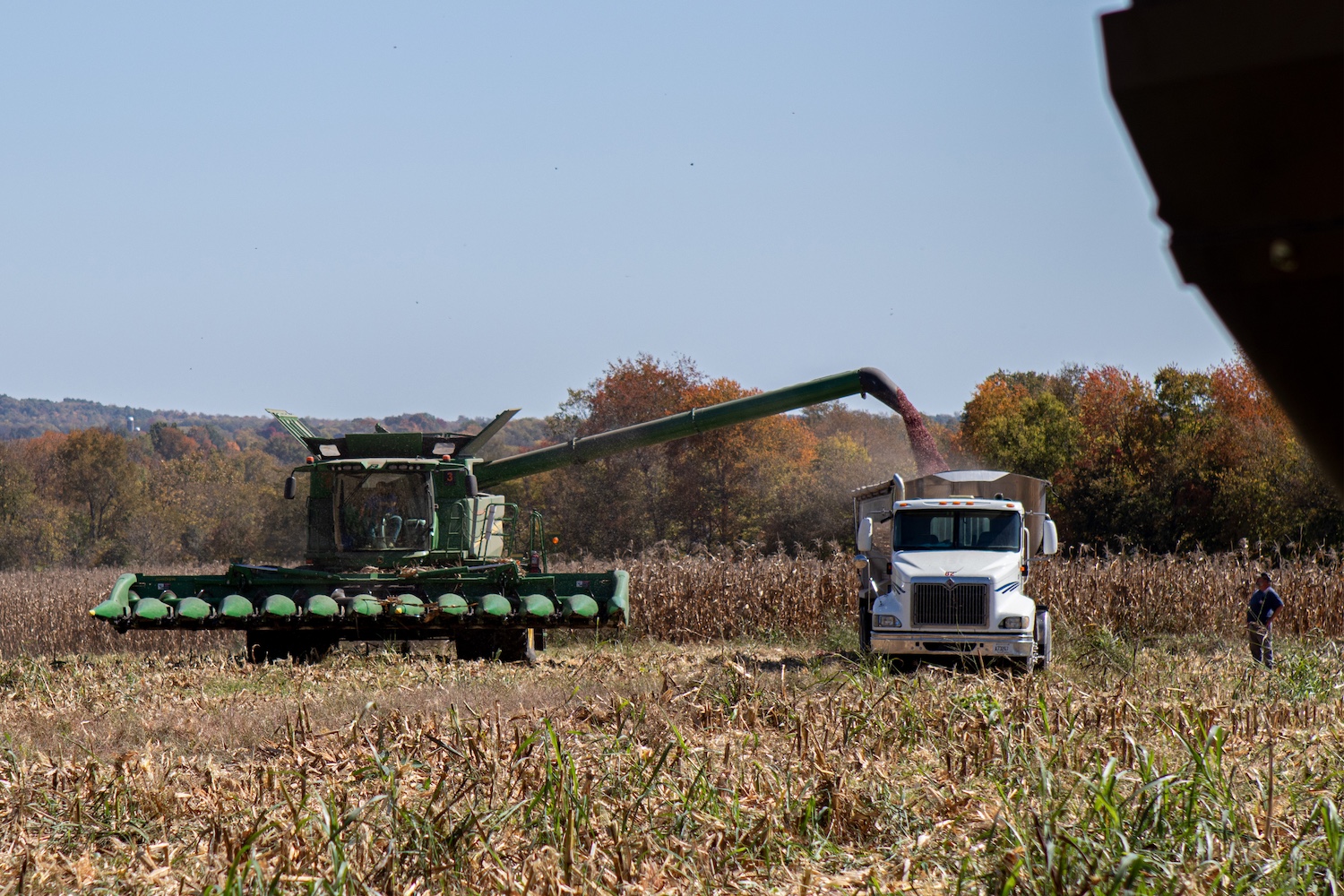
Plus, growing your own corn has another advantage. “All of the corn is coming from within 10 miles of the distillery,” Nethery said. “That’s another sustainability piece right there. It does not travel very far, and it's not going on the road. We're not using tons of diesel to transport it across the country.”
In addition to corn, Jeptha Creed also cultivates some of the grains for its spirits, like wheat, rye and barley. “I don't envision this to ever get to 100 percent supplying all of our own grains, but we are moving in that direction and are going to have some products in the future, not too distant future, that are 100 percent estate-grown for us,” Nethery said.
For the remaining recipe items — like fruit, nuts and herbs — they grow some and source others locally. “We have our own bees,” Nethery said. “We do have apple trees and pear trees and cherry trees, so we have a lot of the pieces that we’re using. Otherwise, we’re doing as local as we can to provide all of the flavoring products for our spirits.”
Local bourbon benefits
Growing its own ingredients provides a few other perks, too. For instance, a variety of wildlife visit the Jeptha Creed property, including white-tailed deer, raccoons, squirrels and turkeys. As it turns out, these animals were crucial in the distilling choices.
“We used to grow some non-GMO yellow corn,” Nethery said. “We watched the deer and the turkey, and they would essentially walk and sleep in the yellow [corn], get up and walk over to the Bloody Butcher [corn] field to eat. And they ate it, and ate it, and ate it. And our yield kept going down because they were eating so much of it. But that told us something. The deer had a choice. And they chose to eat the Bloody Butcher corn. So we're like, ‘Well, I want to choose it, too.’ And we have found out that it makes a beautiful, beautiful bourbon.”
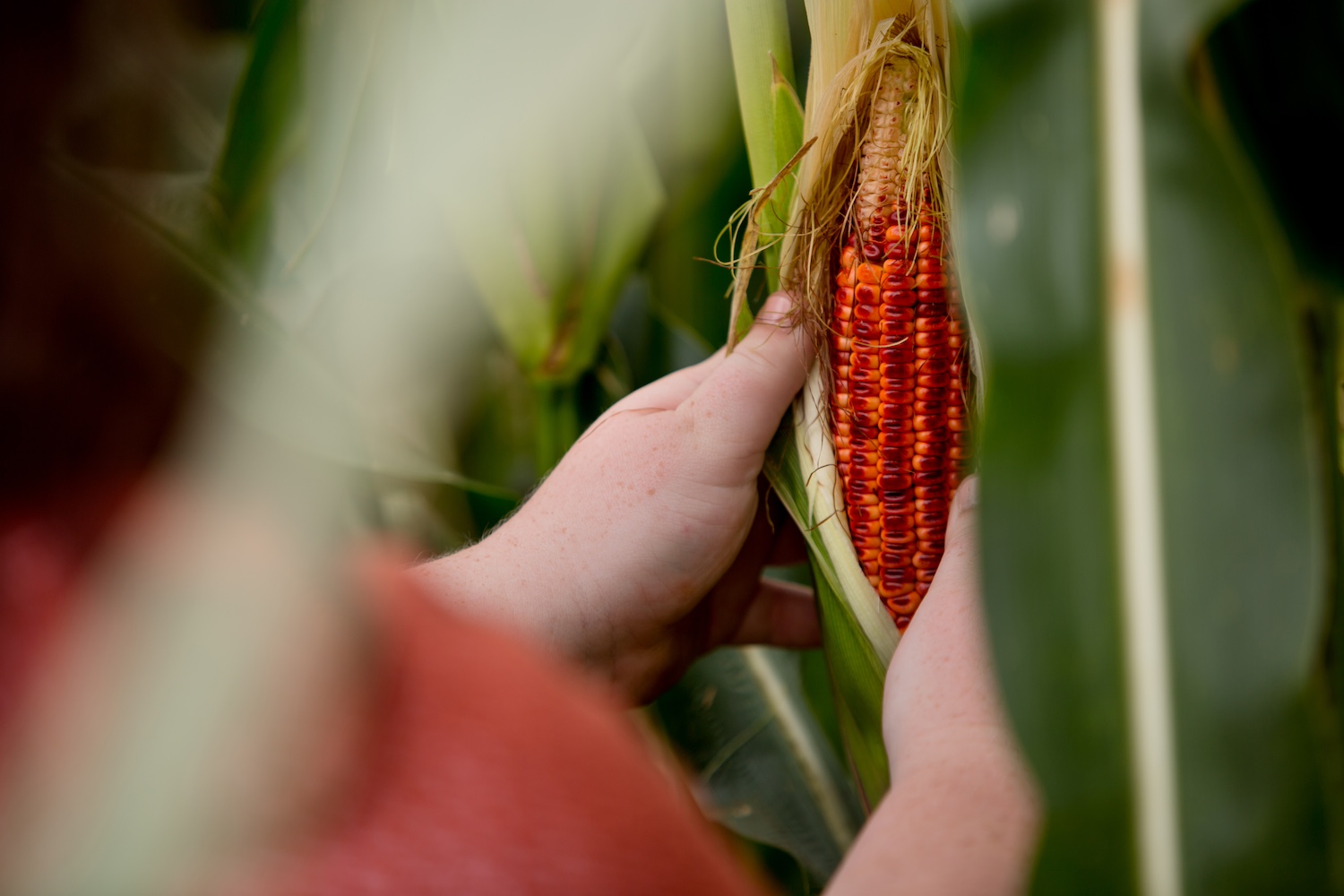
Today, they plant a “critters’ share” of extra-tasty corn for the wildlife. In addition to the environmental perks, their homegrown produce also improves the spirits.
“One of the things we are finding, and have found, is that the varietal of corn makes a difference in the flavor profile of the bourbon, a little bit like the different varietals of grapes have different flavors in wine,” Nethery said.
Research backs this up, showing that both corn variety and environmental factors impact a bourbon’s flavor and alcohol levels. Jeptha Creed is fortunate to be starting with a very unique base product.
“The Bloody Butcher [corn] has a beautiful, deep, robust earthiness that is very complex, and you just get a ton of flavor out of it,” Nethery said.
The soul of soil
In addition to its farming focus, Jeptha Creed mulled over other aspects of its operation. For example, it has a composting unit to produce fertilizer for the farm, using leftover hay, grass clippings, and manure from animals like bison, chickens and cattle. That ties back to making spirits through the spent, or leftover, grains after distillation.
“We focus on feeding our spent grains from the distilling process back to the animals, back to the cattle and to the pigs and the different animals on the farm,” Nethery said. “Then they have manure, the manure goes back to the soil, and we have what we call our corn cycle, which goes around and sustains us that way.”
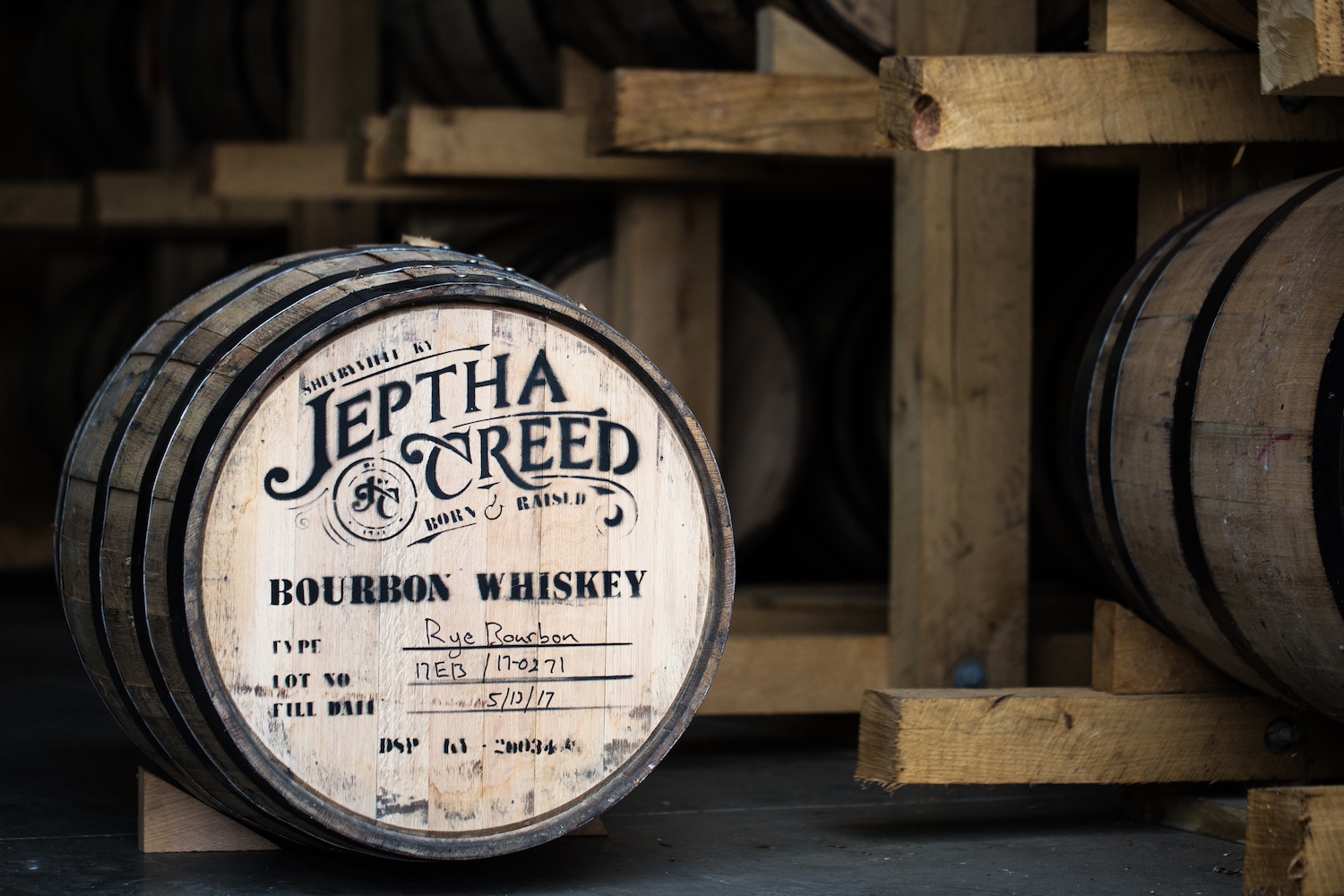
Yet despite the benefits, this bud-to-bourbon business model can be challenging. “It's another whole business,” Nethery said. “There are a lot of steps to it, and it takes a lot of time because you can't just decide, ‘Hey, I'm gonna go distill bloody butcher tomorrow.’ You can't get it. You have to plan at least a year in advance to distill it because you just can't get it. It's not commercially available. So, our four-year-aged products take us at least five years to make.”
Plus, the financial investment is greater, Nethery said. Besides purchasing farming equipment, the company also has to store the grains, which requires facilities and electricity to aerate and cool the grain.
Farm distilleries remain a rarity, but they’re growing in numbers. And they’re meeting a growing thirst for eco-friendly spirits. Jeptha Creed, with its heirloom corn-based vodka and bourbon, is an interesting blend of past and future. Today, it’s focused on crafting a more sustainable spirit, from start to finish.
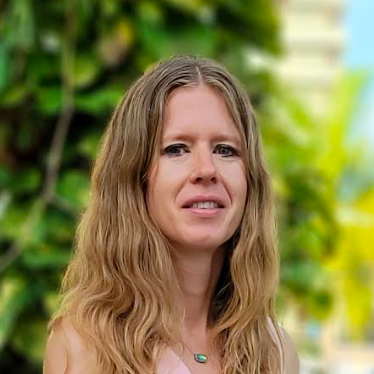
Ruscena Wiederholt is a science writer based in South Florida with a background in biology and ecology. She regularly writes pieces on climate change, sustainability and the environment. When not glued to her laptop, she likes traveling, dancing and doing anything outdoors.














